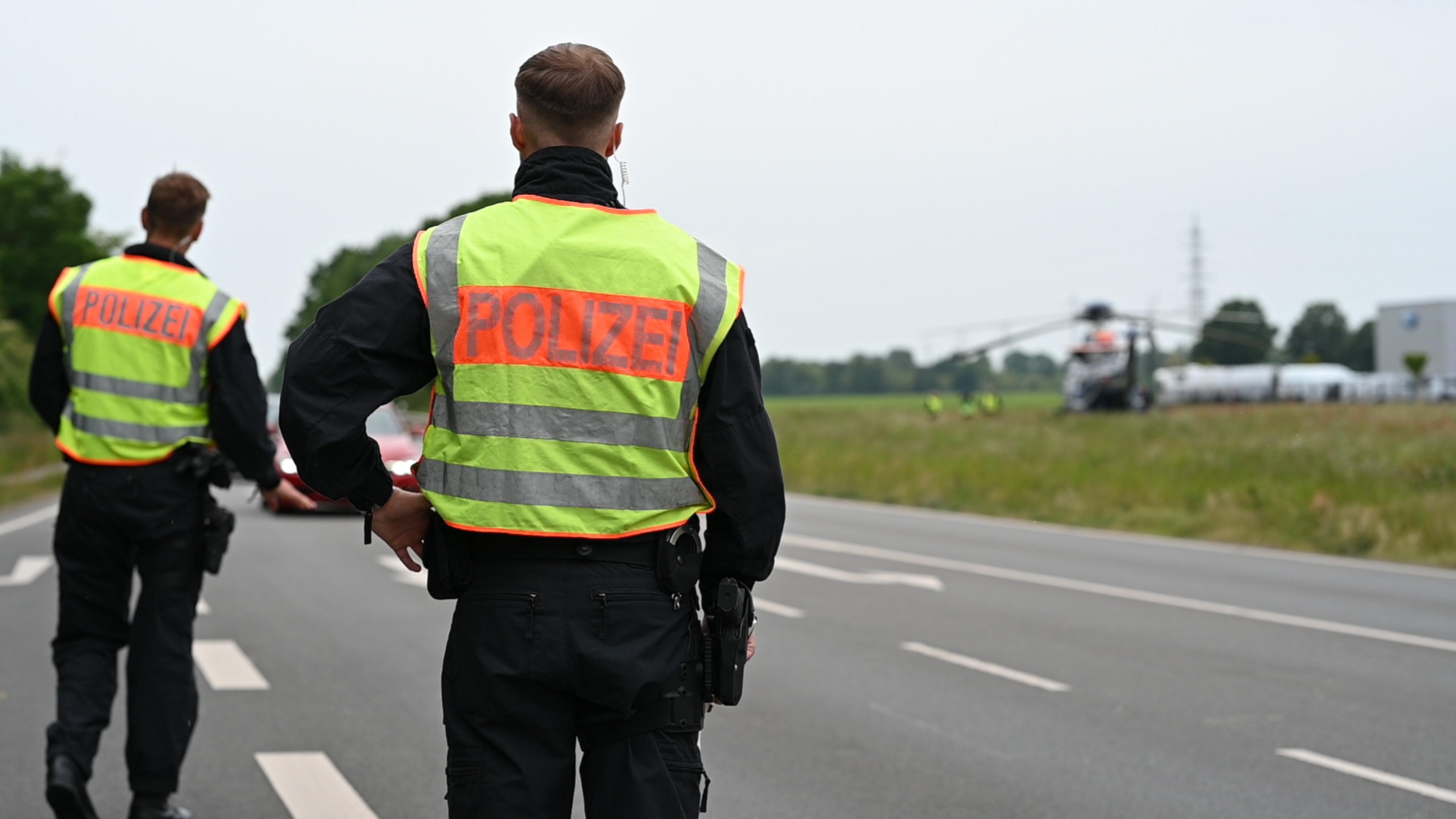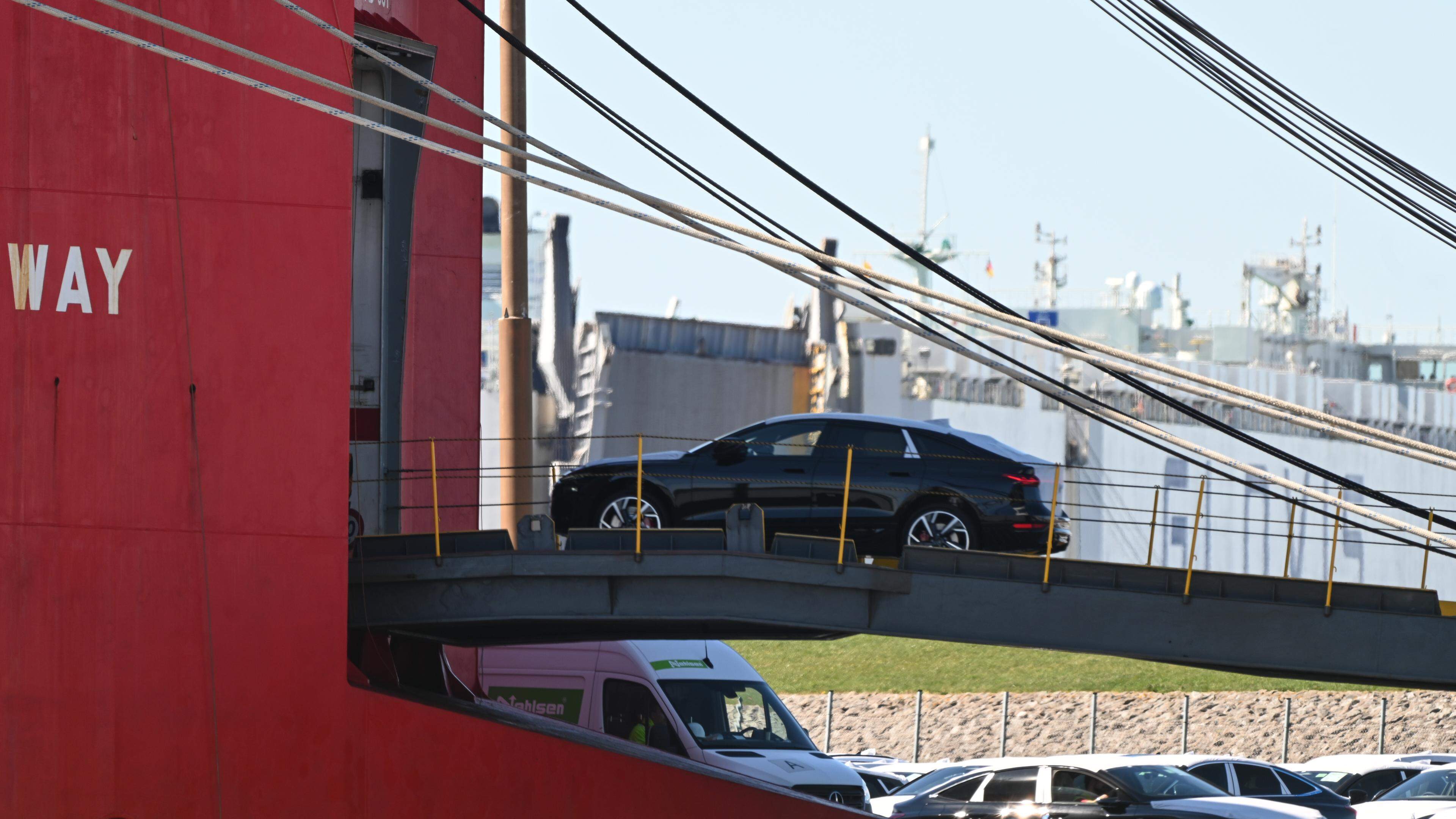New German government is approaching tightening at migration

A few weeks after taking office, the new German government has initiated the first tightening in the migration area. In Berlin, the cabinet decided two draft laws from Interior Minister Alexander Dobrindt, the government announced.
Both projects need the approval of the parliament. Specifically, certain refugees should no longer have the opportunity to bring close relatives to Germany. The cabinet also wants to take back the accelerated naturalization for particularly well integrated immigrants after three years.
Who is affected by the changes in family reunification
It’s about people with so -called subsidiary protection status. These are refugees who do not get asylum or refugee protection in Germany, but are still allowed to stay because they are at risk of political persecution, torture or the death penalty in their home countries. Many civil war refugees fall into this group.
The family reunification for refugees without asylum status had already been suspended by the then government from March 2016 to July 2018.
According to the draft law, which is available to the German Press Agency, 388,074 subsidiary protected people lived in Germany at the end of March. About three quarters of this group come from Syria, as can be seen from a response from the Federal Government to a request from the left faction, which was still referring to the stand at the turn of the year.
German Interior Minister wants to stop family reunification from summer
The possibility of bringing relatives to Germany are limited to close relatives, i.e. to spouses, registered life partners and minor children.
What should change in family reunification
Subsidiary protected people should no longer be allowed to bring family members to Germany for two years. Hardfalls are excluded. Whoever that could be is not defined in the draft law.
The family reunification for refugees without asylum status had already been suspended by the then government from March 2016 to July 2018. At the time, this was justified with the intention of avoiding an overload in recording and integration.
How many people it is
Since August 2018, 1,000 people have been able to enter this protection status as relatives of people, i.e. 12,000 per year. For comparison: a total of 229,751 people in Germany for the first time in Germany.
According to numbers of the Integration Media Service, around eight percent of relatives of subsidiary protection beneficiaries accounted among all visas that were granted for family reunification between 2018 and 2024. The possibility of family reunification is not only for refugees, but also for other immigrants and foreign specialists.
What Dobrindt says
The heavily limited family reunification to subsidiary beneficiaries should now come to an end. « We have to significantly reduce the pull factors (sog factors) to Germany. We also show that migration policy in Germany has changed, » said Federal Interior Minister Dobrindt of the « Bild » newspaper.
Returns to German borders significantly increased significantly
The draft law states: « The aim of the regulation is to re -include the ‘limitation’ as an express target determination. » The family reunification also contains the municipalities, for example, when trying to make living space available. While the legal hurdles for tightening in other groups are quite high, the family reunification is relatively easy.
… and what critics say
The refugee organization Pro asylum reacted horrified to the plans. This would make legal and safe escape routes. « It is a disaster for the families concerned, » said Tarq Alaows. « The factual separation is longer than two years, especially for families who have been waiting for the processing of their applications for years. »
The migration and labor market expert Herbert Brücker from the Institute for Labor Market and Vocational Research (IAB) of the Federal Employment Agency was skeptical in the « Rheinische Post ». « We are talking about the follow -up of the core family, i.e. children and partners, usually women. We know from studies that the separation from our own family is psychologically very stressful and thus also hinders their integration. »
What should change in naturalization
In addition, the government of Christian and Social Democrats also wants to take back the accelerated naturalization decided by the predecessor coalition after three years for particularly well-integrated immigrants. These « turbo naturalizations » of it were already a thorn in the side of the Christian Democrats in the opposition.








